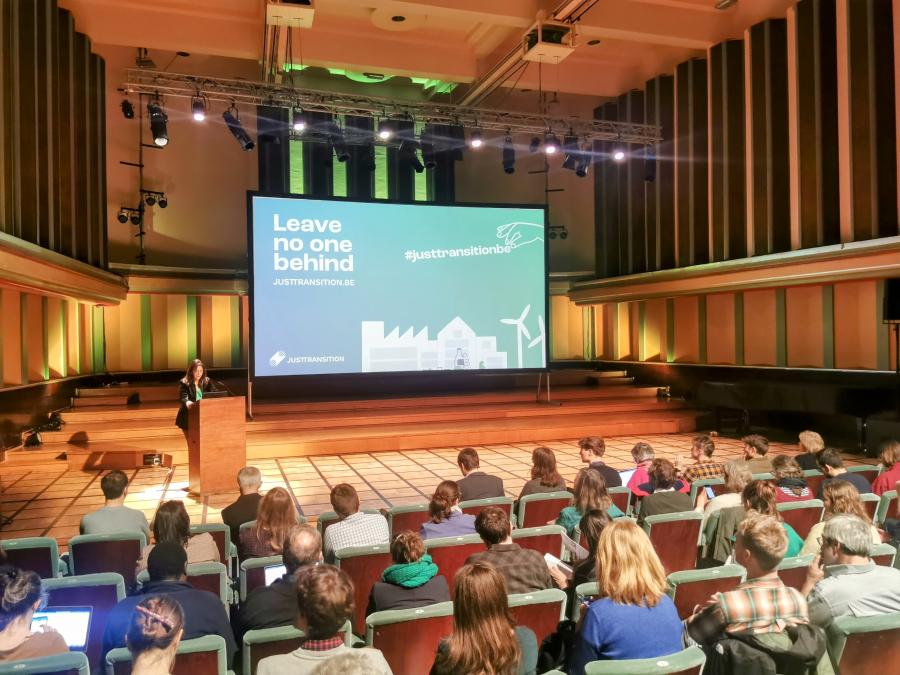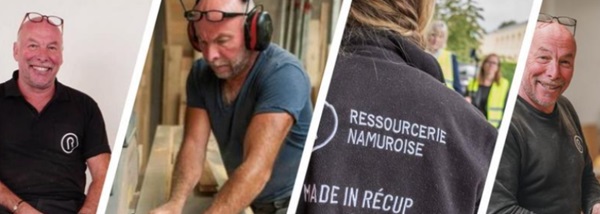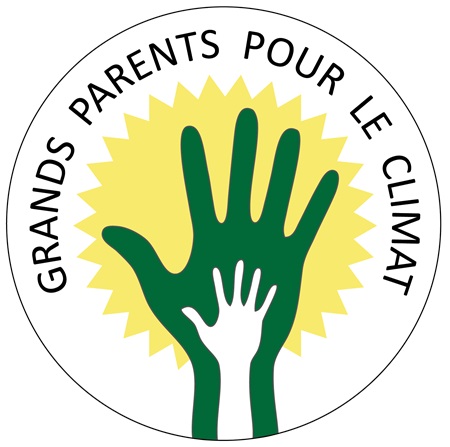By Graham Keen
In February 2024 the Grandparents for Climate in French-speaking Belgium (GPC – Grands Parents pour le Climat) published their Newsletter in a revised format, intended to make it more attractive and easier reading.
At that occasion, we picked and translated a few news items that might interest European Grandparents for Climate members and our wider audience. If any of these inspire you, please let us know.
Climate bomb (bombe climatique) became the word of the year 2023 chosen by the French-speaking Belgian public. It is not a word, but a new phrase, coming from the scientific world. A climate bomb, also known as a carbon bomb, refers to mega extraction projects of gas, coal or oil that could, over their lifetime, cause the emission of the equivalent of one billion tons of CO2 (or equivalent), one of the main greenhouse gases responsible for global warming. Out of the 10 words proposed, this one was chosen by20.8% of respondents, just before cyclostrade (bicycle highway).
Fair transition conference held in Belgium

When implementing the Green Deal, a fair transition is indicated as an essential pillar of the new strategy of the European Commission. The objective “No one should be left behind on the road to a sustainable society” seems obvious: there will be no transition if it’s not fair. A conference on Fair Transition was held in Belgium in November 2023, and the final report of a forum leading to that conference was published in January 2024.
A fair transition has three dimensions:
1. Strengthening and achieving ecological objectives from the local to the global level to protect present generations, future generations and nature
2. Strengthening social rights, particularly for the most vulnerable, socially equitable distribution of constraints and benefits linked to ecological transition and adequate protection of people who will be victims of climatic disasters
3. Strengthening the mechanisms for democratic participation in decision-making on these matters.
Public roads: a new Code under construction
A new Belgian public roads Code will be published most probably in spring 2024. Everything by car will be no longer the norm. The new Public Highway Code is based on five pillars:
1. Give all users their rightful place on public roads.
2. Promote active mobility: from a code focused on the use of the car to a code which ensures that everyone has a place, in complete safety.
3. Strengthen road safety: halve the number of serious injuries and deaths by 2030, and achieve “vision 0” in 2050.
4. Ensure clarity, consistency and readability. Numerous amendments, some of which have become obsolete, have made it illegible, and therefore sometimes difficult to apply.
5. A modern Code in step with the times. Methods of travel are increasing, and “everything by car” is no longer the norm. New rules, new signs, new symbols… everyone will be affected by the public highway code.
See also the ministerial press release (in French).
What shall we do with all that wood: an example of smart recycling

Bulky items transformed into contemporary furniture. Every day, around ten trucks criss-cross Namur, the capital city of Wallonia, and collect on average 20 tons of bulky items of all kinds. And half of this waste is wood. It is therefore to create value from these tons of wood that the company Ressourcerie Namur (Resourcefulness) decided to create its own carpentry workshop. « We dismember, recover, saw and assemble… We really have too much wood. How can we avoid throwing it away? » They therefore decided to launch into glued laminated timber. It involves recovering all the small pieces of wood that others don’t want. They assemble them, glue them and make contemporary furniture or other fittings, which they then resell. Tables, bookcases, cupboards… They do everything! And the wood comes back to life. Read more (in French)
The 2 tons game
The local Grandparents for Climate group in Louvain-la-Neuve organizes a workshop to play a climate game.
The 2 tons workshop is an immersive game in 8 stages, where you can experiment with the individual and collective levers that enable us to act together to limit global warming. The aim of the game is to make the best decisions, individually and collectively, to try and achieve a carbon footprint of 2 tons of CO2 per person per year (currently, for the average Belgian, this footprint is around 15 tons). The game is immersive because participants play in turns the role of the individual in his or her living environment, the citizen in his or her community, the political decision-maker or company director. In addition, real data are used and step by step the impact of decisions are displayed live on an on-screen graph. Read more (in French)
